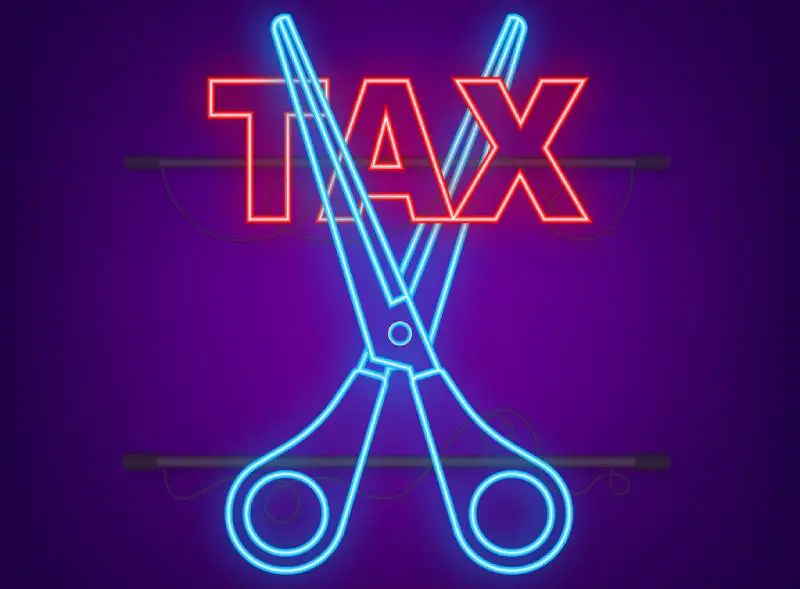email: info(at)go-eu.com
phone: +49 (0)89 90 42 23 60



assisted in a company setup.

Update 2025: 10 Minutes initial consultation, 100% free.
Inquire Now
Call us: +49 (0)89 90 42 23 60
(NEW: Company formation including opening a bank account 100% remote)
Difference between side and small businesses
19 March 2025 10490 8"Small business" and "Secondary business" are terms used in commercial law to describe different types of commercial activities.

Small business:
- A small business refers to a small self-employed economic activity. It is often an individual engaging in a minor business operation.
- The turnover is limited. In Western Europe for example, the turnover limit for small businesses is 22,000 euros per year (as of 2022).
- No special training is required to run a small business.
- Small business owners do not have to pay trade tax, but they must pay income tax and, if applicable, sales tax if they exceed the relevant turnover limits.
Side business:
- A Side business is a commercial activity that is carried out alongside a main occupation (e.g. a permanent job).
- It can be operated as a small business or as a fully established business.
- A secondary business can have tax advantages, as, for example, losses from the secondary business can be offset against income from the main job.

Small business owner, side business, part-time job and small business? All of these are terms commonly associated with "small-scale self-employment".
So what is the main difference? Essentially, they all mean the same thing! The key distinction is that a side business can operate as a small business or even exceed small business status.
What do you need to consider when operating a small business?
A small business is an opportunity for individuals to engage in self-employment without starting a larger business. Here are some important points you should know about a small business:
Income limit: In Western Europe, the average turnover limit for small businesses is 22,000 euros per year (as of 2022). As long as the turnover does not exceed this limit, the small business can be operated.
Trade tax: Small business owners generally do not have to pay trade tax. Trade tax is levied on companies that exceed a certain turnover threshold.
Income tax: Income from a small business must be declared in the personal income tax return. The profit (income minus expenses) is considered taxable income.
Registration and Business license: Before you start operating a small business, you must register it with the relevant trade office. This is usually the local city or district administration.
Professional licenses: In some professional fields (e.g. skilled trades), professional licenses are required, even for small business owners.
Legal form: Small business owners typically operate as sole proprietors, meaning they are personally liable for all debts. Other legal structures, such as a GmbH, are not an option for small business owners.
Accounting and records: While formal annual financial statements are not required, small business owners must keep track of their income and expenses in order to correctly complete their tax returns.
Insurance: It is advisable to obtain liability insurance to protect yourself against potential claims or damages..
Possible transition to a regular business: If the turnover of the small business exceeds the limit of 22,000 euros, it must be converted into a regular business, which entails additional legal and tax obligations.
If the threshold or annual turnover of 22,000 EURO for small business status is exceeded, you will quickly end up with a total tax burden of 40-50%.
Can't I pay only 1-10% tax in total, 100% legally, with little effort and cost? Instead of starting a business in Western European countries?
Yes, you can find out in our video! Or read about it in the blog.
Here are the TOP 3 disadvantages of starting a side business in Western European countries such as Germany or Austria
1st Mistake: Bureaucracy and Formalities
In both countries (DE and AT) there are a multitude of regulations and bureaucratic obstacles that must be overcome in order to start a business. This can cost time and energy. Various registrations, permits and possibly memberships in chambers of commerce or other organizations must be applied for.

The bureaucratic burden can be a significant disadvantage for German companies. Here are some specific points that illustrate this disadvantage:
Formation formalities:
Starting a business in Germany requires compliance with a variety of formal requirements. These include registration in the commercial register,
registration with the trade office, drawing up a partnership agreement and choosing the right legal form.
1. Labor law regulations:
Germany has strict labor laws that must be followed. These include, for example, regulations on working hours, dismissal protection and the minimum wage.
2. Data protection and compliance:
Companies must adhere to strict data protection regulations, especially since the introduction of the General Data Protection Regulation (GDPR) in the European Union.
This often requires additional measures to secure and protect personal data.
3. Business permit and licenses:
Depending on the type of business, additional permits or licenses may be required, for example in the healthcare, construction or catering industries.
2nd Mistake: Taxes and duties
Both Germany and Austria have complex tax systems. Business owners have to pay income tax, sales tax and possibly trade tax. It is important to be well informed about tax obligations and options in order to avoid any potential issues.

The tax burden on wages, salaries and income taxes in Germany and Austria remains among the highest internationally.Taxes and duties weigh more heavily on income than in almost any other industrialized country.
Income taxes and social security contributions make up a high percentage in Germany and Austria compared to other countries. This is the result of an evaluation by the Organisation for Economic Co-operation and Development (OECD).
3rd Mistake: Liability and personal risks:
As a business owner, you are personally liable for the debts and obligations of the business. This means that personal assets could be at risk in the event of business problems or debts. In particular, with certain legal forms (such as the sole proprietorship), liability is unlimited.
The risk of warnings for traders refers to the risk of being prosecuted if they violate laws, regulations or other legal provisions. Warnings can be issued by competitors as well as by consumer protection organizations or other interest groups.

Running a business involves financial risks. The success of the company can be strongly influenced by external factors, such as the economic situation, market conditions or technological developments.
"How are you supposed to overcome all these hurdles? Do you comply with all the regulations and pay all your taxes in Germany?"
If you are now at the point where you really want to make a change to your company's high tax burden or even have an alternative to paying only a fraction of the taxes before you start your company, then listen more carefully now.
Didn't we talk about an alternative at the beginning – with an alleged tax burden of only 1%?. Absolutely right. Congratulations on making it to this part of the article.
For all entrepreneurs and self-employed people who are looking for a way to save taxes, we at GO EU offer a solution that is fully recognized by the local tax office and does not require any change of residence. This is our 1% tax model!
With the 1% tax model, you only pay 1% tax up to an annual turnover of 250.000 Euros and you are also exempt from sales tax if your turnover is up to 60,000 euros per year.

And all of this within the EU, without dubious grey areas, shady offshore structures or having to relocate your place of residence. This model is fully recognized by your local tax office, and you can even have this recognition confirmed in advance!
Does this sound interesting to you? Then click on the link below "Inquire now"! We look forward to hearing from you!
Update 2025: 10 Minutes initial consultation, 100% free.
Inquire Now

Fabian Stratmann
Published on 14 November, 2023 / Answer
The EUR 22,000 small business regulation is a joke. In this day and age, the amount of turnover over the course of a year is nothing. Even if I have a 50% profit margin, no one can live on EUR 11,000 a year. The amount urgently needs to be adjusted.
Tobias
Published on 12 November, 2023 / Answer
In Romania, the threshold for being exempt from sales tax is 60,000 euros. 5,000 euros per month isn't bad at all, actually.
Olaf Kellermann
Published on 13 November, 2023 / Answer
Romania is being promoted as the holy grail here. A 1% tax on revenue sounds great, but will it stay that way?
Thomas Hofmann
Published on 13 November, 2023 / Answer
In Romania, a new tax law was recently introduced, which reaffirms the 1-3% tax rate for a long time.
Ernsti
Published on 14 November, 2023 / Answer
How can I contact you? Do you also provide tax advice if you want to set up a company in Romania?
Thomas Hofmann
Published on 14 November, 2023 / Answer
We see ourselves as a full-service provider, delivering high-quality services for Romania. For this reason, we do not operate in any other countries. We would be pleased to receive your inquiry via our contact form.
Julius P.
Published on 14 September, 2024 / Answer
I am also interested in a company in Romania. Germany is on the decline. Anyone who still starts a company has already lost.
Martin
Published on 16 March, 2025 / Answer
Romania seems like a good option, but will it stay that way in the future too?
Leave a comment